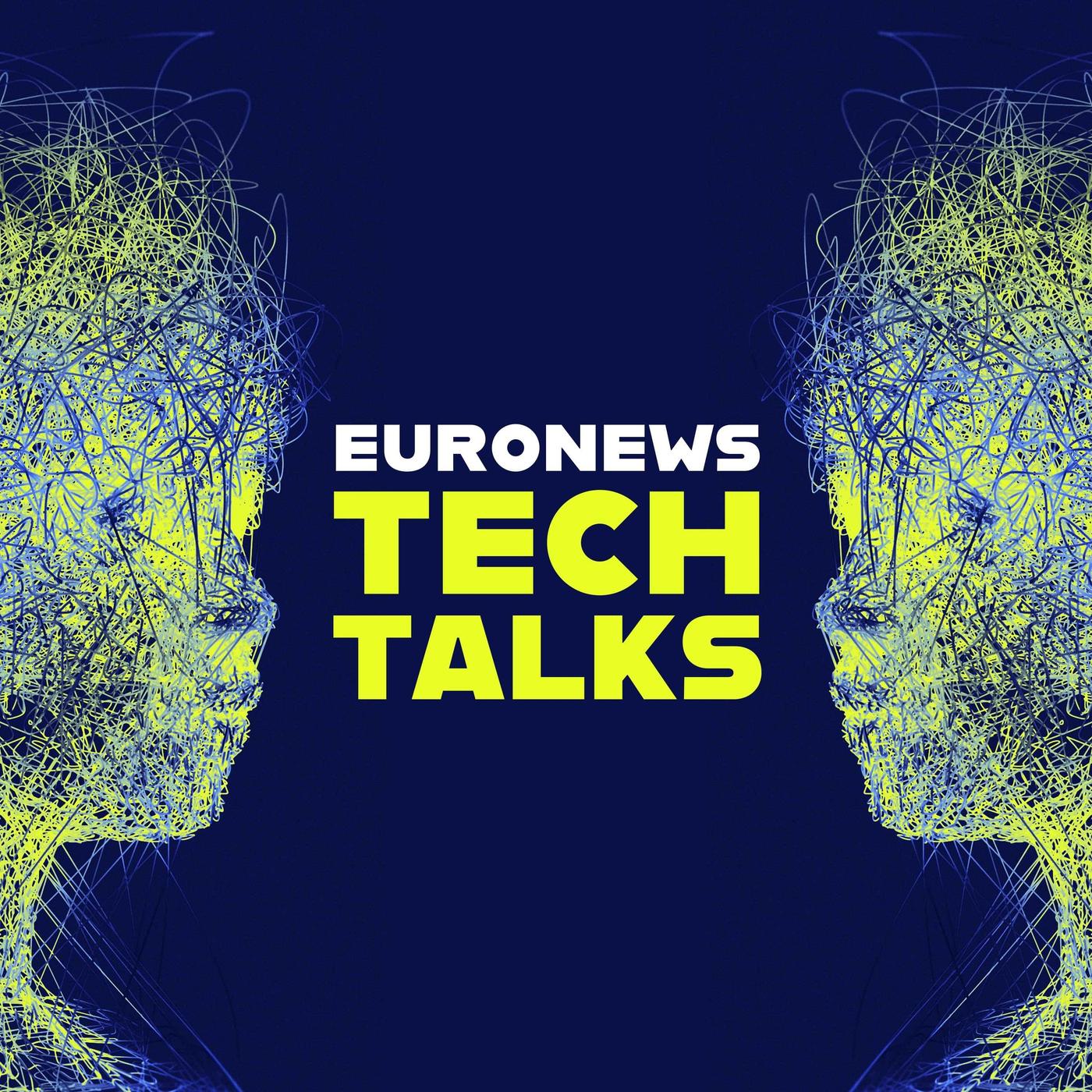
<strong>Euronews Tech Talks</strong>&nbsp;goes beyond discussions to explore the impact of new technologies on our lives. With explanations, engaging Q&amp;As, and lively conversations, the podcast provides valuable insights into the intersection of technology and society.</p></p><strong>Join us <u>every other Wednesday</u>, starting from June 14th.</strong></p></p>We delve into the pressing questions that shape Europe's digital future, covering topics ranging from Generative AI and space exploration to blockchain and net neutrality.</p><br /><hr><p style='color:grey; font-size:0.75em;'> Hosted on Acast. See <a style='color:grey;' target='_blank' rel='noopener noreferrer' href='https://acast.com/privacy'>acast.com/privacy</a> for more information.</p>
Hosted on Acast. See acast.com/privacy for more information.
Is nuclear energy worth its cost? Should green advocates support or oppose nuclear energy?
The answers to these questions and many more on the Euronews Tech Talks nuclear energy debate episode with Michele Governatori and Myrto Tripathi.
Michele Governatori is the power and gas programme lead at Ecco, the Italian climate change think tank; Myrto Tripathi is the head and founder of Voices of Nuclear.
Hosted on Acast. See acast.com/privacy for more information.
The Euronews Tech Talks team heads to the iconic Atomium monument in Brussels. Nearly seven decades after its inauguration as a symbol of nuclear energy, the Atomium still sparks questions about potential dangers and its role in helping Europe achieve its environmental goals.
Typically, we start our episode series with a documentary, but this time we’re diving straight into the Q&A. Prepare yourself to get answers to basic questions like What is nuclear power? as well as critical ones, such as What should we do with nuclear waste?
Hosted on Acast. See acast.com/privacy for more information.
Hosted on Acast. See acast.com/privacy for more information.
Ever wondered how to stop accelerated aging in astronauts, and if it could work on Earth? What's next for space labs? The European Space Agency may have the answer with Space Rider, a more time- and cost-efficient solution that doesn't rely on astronauts as test subjects.
Hosted on Acast. See acast.com/privacy for more information.
John McFall is the subject matter expert for a European Space Agency study aimed at fully integrating an astronaut with a physical disability into a long-duration mission to the International Space Station. He is the first astronaut candidate with a physical disability.
In this episode, we will explore how space exploration affects the human body and how scientific research in this area is fundamental to advancing medicine here on Earth.
Hosted on Acast. See acast.com/privacy for more information.
Dr. Jessica Studer has spent the last 3 months without seeing daylight. She is spending one year in one of Earth's most extreme places: Antarctica, at Concordia Station.
Her research will help us better understand how humans adapt to hostile environments and how isolation impacts their health and well-being. Additionally, it will shed light on what astronauts experience while traveling in space.
Hosted on Acast. See acast.com/privacy for more information.
What is quantum computing? How will it simplify our lives, and increase our productivity? What challenges does it face? Is quantum computing ever going to enter our everyday lives, replacing parts of our laptops and smartphones for quicker computations?
And the century's mystery: Is Schrödinger’s cat dead or alive?
We ask all these questions to two experts in quantum computing. Stephanie Wehner is a professor at Delft University of Technology and the director of the Quantum Internet Alliance. Mathias Van Den Bosch works at Thales Alenia Space.
Hosted on Acast. See acast.com/privacy for more information.
When Emma Müller, a 44-year-old German woman, wakes up each morning, she already has a detailed plan for her health status, dietary suggestions, and exercise recommendations to optimise her day. She works only three days a week thanks to her high productivity levels.
This could be the routine of an average European with advanced quantum computing. When? We spoke with experts on the continent.
Hosted on Acast. See acast.com/privacy for more information.
Hosted on Acast. See acast.com/privacy for more information.